Lasers may sound like it is out of a sci-fi movie. But, they are a handy tool in your local dentist’s office. Lasers are a revolutionary tool that can offer minimally invasive options to many oral health issues. If dental lasers sound great to you, you may wonder who is ideal for laser dentistry.

What are Lasers For?
Laser dentistry uses focused light beams to address dental concerns. The laser energy can cut through or vaporize tissue with precision. This makes it a great option for both soft and hard tissue procedures.
One of the main benefits of laser dentistry is its minimally invasive nature. Unlike other dental tools, lasers can target specific areas. This means that it won’t cause damage to nearby tissues. This makes it a great choice for those who want a gentler dental time at the dentist.
Who Benefits?
So when would you need lasers, and who are they for?
Lasers are good for those who need soft tissue procedures. This includes gum reshaping, treatment of gum disease, and even cosmetic things like gum contouring. The precision of lasers allows for accurate and efficient sculpting without the need for incisions or stitches.
For those with dental anxiety, the prospect of noisy drills and sensations can be a major issue. Lasers offer a quieter and better option. The reduced pain and quicker recovery time with laser procedures make it an excellent option for anxious patients.
The gentle and less invasive nature of lasers makes them a good choice for pediatric and teen dental care. Lasers also provide a more comfortable time for younger patients. As a result, it can often get rid of the need for anesthesia.
Other dental procedures can pose problems for those with bleeding disorders. With its precision and cauterizing effect, lasers reduce bleeding during procedures. Therefore, it makes it a safer option for those with clotting issues.
What are the Benefits?
Laser dentistry reduces pain during and after procedures. The precision of the laser allows for targeted treatment. As a result, this reduces the impact on surrounding tissues and nerves. Many patients report less pain and a quicker recovery than traditional tools.
Furthermore, the healing process following laser dental procedures is often faster than other methods. The reduced trauma to tissues and minimal bleeding leads to a speedier recovery. Then, patients can resume their regular activities sooner.
Finally, the accuracy of lasers is a game-changer in dentistry. Whether addressing decay, reshaping gums, or performing surgeries, the precision of lasers ensures that only the intended tissues are affected. As a result, you can preserve healthy structures.
What to Consider
While laser dentistry is versatile, not all dental procedures can use dental lasers. The type of treatment and the specific dental issue will determine whether laser dentistry is the best option.
Those with certain medical conditions or those taking specific medications may not be suitable for laser procedures. It’s crucial to discuss your medical history with your dentist to determine the best approach for your dental care. They will ensure your safety during the procedure.
